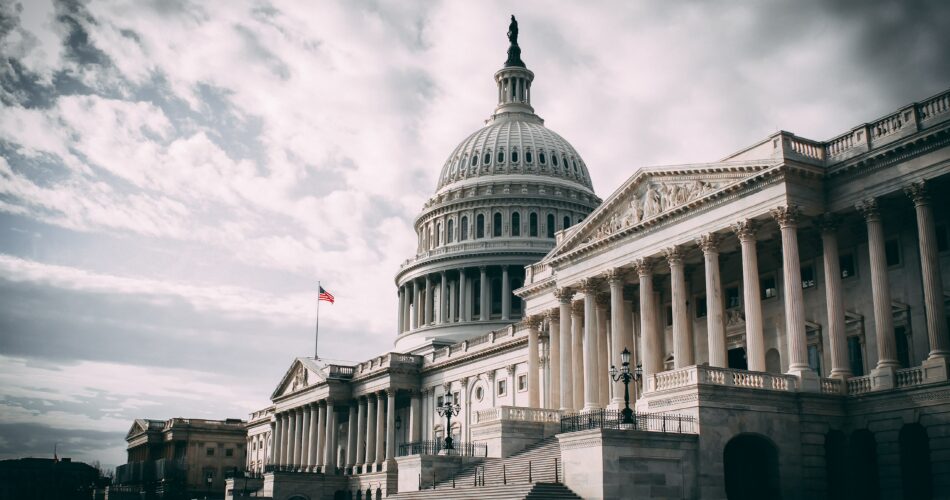Senate Republicans say they’ve secured enough votes to pass a $9 billion package of spending cuts, delivering President Trump another major legislative win just weeks after his previous victory on domestic policy. The breakthrough came after GOP leaders negotiated key changes to win over holdouts on the powerful Appropriations Committee.
Russell Vought, head of the Office of Management and Budget, confirmed Tuesday that the package, known as the “rescissions package,” is expected to pass after a deal was struck to remove proposed cuts to a high-profile global health initiative. Vought also reached an agreement with Sen. Mike Rounds to redirect Interior Department funds to support roughly 28 radio stations serving tribal communities—offsetting concerns about public broadcasting cuts.
With the adjustments, the overall size of the package dropped slightly from $9.4 billion to $9 billion. Winning over Rounds was a key step, as Republicans can only afford three defections and still pass the measure.
Sens. Susan Collins and Lisa Murkowski had previously expressed doubts. Collins opposed cutting global health funds, and Murkowski raised concerns about the impact on public broadcasting. However, the GOP’s 53–47 Senate majority, combined with Vice President Vance’s tie-breaking vote, gives the party a narrow margin for success.
Senate Majority Leader John Thune praised the deal, calling it a meaningful step toward fiscal responsibility. He emphasized that the cuts amount to just a fraction of federal spending and framed the bill as a down payment on reducing the national debt.
“When you’re $36 trillion in debt, we have to do something,” Thune said after a private meeting with Vought. “This is a first step toward getting spending under control.”
Republican leadership also pointed to the bill’s broader strategy, which includes targeted reductions to Medicaid and food assistance programs, as part of their push for long-term spending restraint.
The agreement to preserve funding for global AIDS relief came after pressure from several GOP lawmakers. Thune described the amendment as a small change and expressed confidence that conservatives in the House would support the revised version once it returns for a final vote.
Behind closed doors, however, some Republican senators expressed frustration with the White House budget office for not providing enough detail about how the cuts would be implemented. One senator, speaking anonymously, said appropriators expect to see specific line items and felt left in the dark.
Others voiced concern about the growing influence of the White House over the budget process. Trump has publicly pressured Republicans to fall in line, even warning that lawmakers who support funding for certain public broadcasting outlets would lose his endorsement.
Though most Republican senators are expected to vote for the bill, some are uneasy about the precedent it sets. One GOP senator said there’s growing concern that passing this package will open the door for more rescissions requests from the administration—each one expected to be approved without much debate.
The administration hasn’t ruled out that possibility. Asked if more clawbacks were coming, Vought said they’d evaluate after the current package becomes law. “We want this process to succeed. If it does, then we’ll look at our options,” he said. He declined to say what areas might be targeted next.


